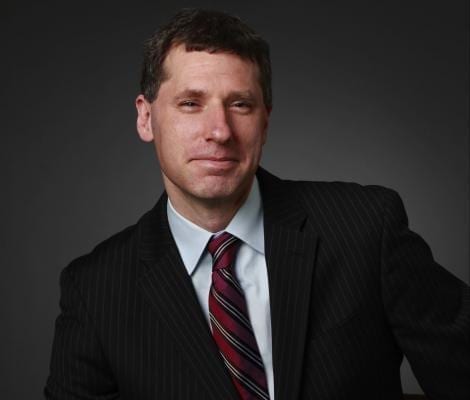5/19/2015
Many people were caught off-guard in 2010 by the Supreme Court’s Citizens United vs. FEC ruling that in many ways equated the amount of political speech one was able to express by the amount of money the speaker was able to spend. The New York Times, however, notes that the Court made a similar ruling in the year prior that has resulted in similar parameters regarding legal speech and the right to issue a complaint in civil proceedings. Monday marked the 6th anniversary of the Iqbal vs. Aschcroft’s 5-4 decision, a case involving a Long Island cable installer and Pakistani Muslim, Javaid Iqbal, who was detained on immigration charges in the aftermath of the September 11th attacks. Iqbal sued John Ashcroft, Attorney General at the time, and then-FBI Director, Robert Mueller III for violating his civil rights, claiming he was beaten and subjected to humiliating searches. Iqbal’s arguments were rejected by the Court, citing a lack of factual evidence, a decision which research shows has altered the fundamental rules of raising a civil complaint from “a short and plain statement of the claim,” to what the Court described as “plausibility pleading.” Since this highly-cited precedent, the rate of civil case dismissals has spiked dramatically amongst individual plaintiffs, yet the rate of dismissals of corporate complainants has remained steady.
While acknowledging the basic requirements in place since the dawning of modern civil procedure in 1938, the Supreme Court also referenced a 2007 ruling of Bell Atlantic Corp. v. Twombly. In this case, the Court made clear that statements in a plaintiff’s complaint must not be assumed to be true, but instead believing that “a plausible claim is context-specific, requiring the reviewing court to draw on its experience and common sense.” In Iqbal’s complaint, he accused Ashcroft of being the “principle architect” and Mueller as “highly instrumental” to the detainment process, which was intentionally discriminatory against him. The Court however, decided that in light of the aftermath of 9/11, and the fact that all of the hijackers implicated were Muslim males, that the policy was a common sense reaction to what happened and that “Iqbal’s complaint fails to plead sufficient facts to state a claim for purposeful and unlawful discrimination.” In the majority opinion, Justice Anthony Kennedy wrote “the nation’s top law enforcement officers, in the aftermath of a devastating terrorist attack, sought to keep suspected terrorists in the most secure conditions available.”
While seemingly a relatively minor decision at the time, the case has been cited in over 85,000 lower court decisions. The ruling has raised the threshold of concrete facts needed to continue a trial as well as giving judges the right to strike down complaints upon introduction based essentially on the judge’s gut instinct. Having to conduct such a more detailed discovery process raises the cost significantly to bring a case forward. Astoundingly since the Iqbal decision, the rate of civil case dismissals among individuals has risen from 42 percent to 59 percent, while the rate of dismissals for corporate clients has only increased from 37 to 38 percent. Given that corporate plaintiffs are generally better financed than individuals, these statistics strongly suggest that, much like Citizens United in the world of political speech, the Iqbal decision has tilted the right to litigate even more in favor of the wealthy. In her dissent, Justice Ruth Bader Ginsberg wrote, “In my view, the court’s majority messed up the federal rules” [of civil litigation].

Photo Courtesy of Yeshiva University
Noted at the time by appellate lawyer, Thomas C. Goldstein, that “Iqbal is the most significant Supreme Court decision in a decade for day-to-day litigation in the federal courts,” the reaction to the ruling has been dwarfed by the Citizens United outcry. Several legal scholars and professionals have noted that had plausibility pleading been a standard in 1954, arguments for Brown vs. Board of Education of Topeka would have likely never been heard. Perhaps no person alive has spent more effort analyzing the effects of the Iqbal decision than Yeshiva University law professor, Alex Reinert, who also represented Iqbal in the Supreme Court arguments. In a research paper set to be published in the Virginia Law Review, Reinert analyzed nearly 4,200 cases from all 15 federal districts and 12 appellate courts from 2006-2010, finding that despite the dramatic increase of dismissals of individual plaintiffs and lack of significant change for corporate clients, that the quality of the claims has not improved. Instead, Reiner asserts, “Iqbal rewards lawyering, and it rewards access to information. Both of those things come with access to resources.”
Sources:
Cornell University Legal Information Institute
New York Times – Adam Liptak
Cardozo Law School/Virginia Law Review (Forthcoming) – Alex Reinert


Join the conversation!